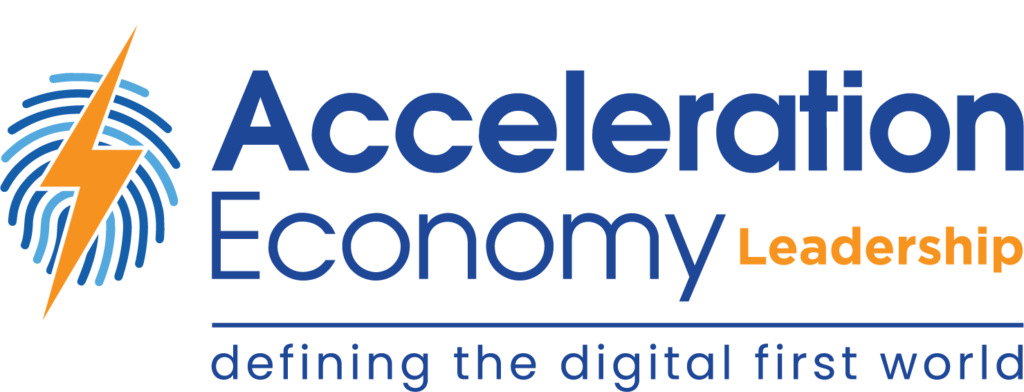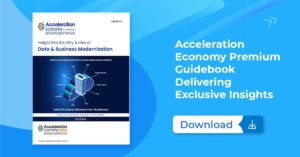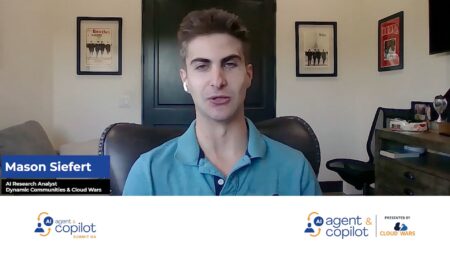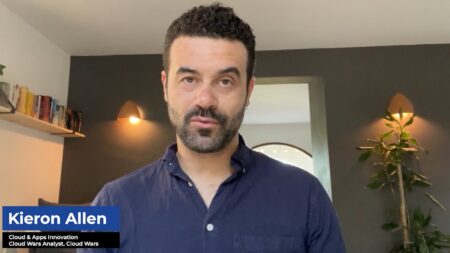This is part 2 of an analysis on how ESG data can be used to support sustainability in healthcare. Today, we address challenges and opportunities presented to the C-Suite through ESG initiatives. Read Part 1 here.
Environmental, social, and governance (ESG) data encompasses a broad range of metrics that measure environmental impact, social responsibility, and governance practices for organizations across industries. This data includes carbon emissions, water usage, labor practices, and board diversity.
In the healthcare industry, ESG includes policies and practices for keeping patient health information secure and private, especially as that data is increasingly shared through interoperability initiatives. On a broader level, healthcare organizations have opportunities to engage in the same sustainability and social practices of other industries. This includes everything from sustainable energy practices in hospitals to environmentally friendly medical devices and packaging.
Keeping track of and reporting the progress of these initiatives is key, and this is where ESG data comes in. In Part 1 of this analysis, we covered the general ways that ESG data is being used in the healthcare industry, and presented some top technology solutions for storage, analysis, and sharing of data. In this analysis, I’ll focus on data challenges and opportunities that healthcare business leaders must recognize when implementing ESG data initiatives.
Data Engineering Challenges for the C-Suite
Chief data officers (CDOs) in the healthcare industry should be aware of potential concerns related to handling both protected health information (PHI) data and ESG data.
When it comes to PHI data, strict regulations are in place to ensure patient privacy and confidentiality. CDOs must know these regulations, such as the Health Insurance Portability and Accountability Act (HIPAA), and ensure that PHI data is handled and stored securely. This means implementing strong security measures, such as encryption and access controls, to protect PHI data from unauthorized access or breaches. Furthermore, CDOs must ensure that any ESG data that’s collected does not compromise PHI.
Secondly, ESG data is often sensitive and confidential, and the misuse or mishandling of this data can have legal and reputational consequences. CDOs must ensure that ESG data is collected and stored securely and is only accessible to authorized personnel. To avoid compliance issues or legal repercussions, they must also ensure the data is accurate, consistent, and trustworthy.
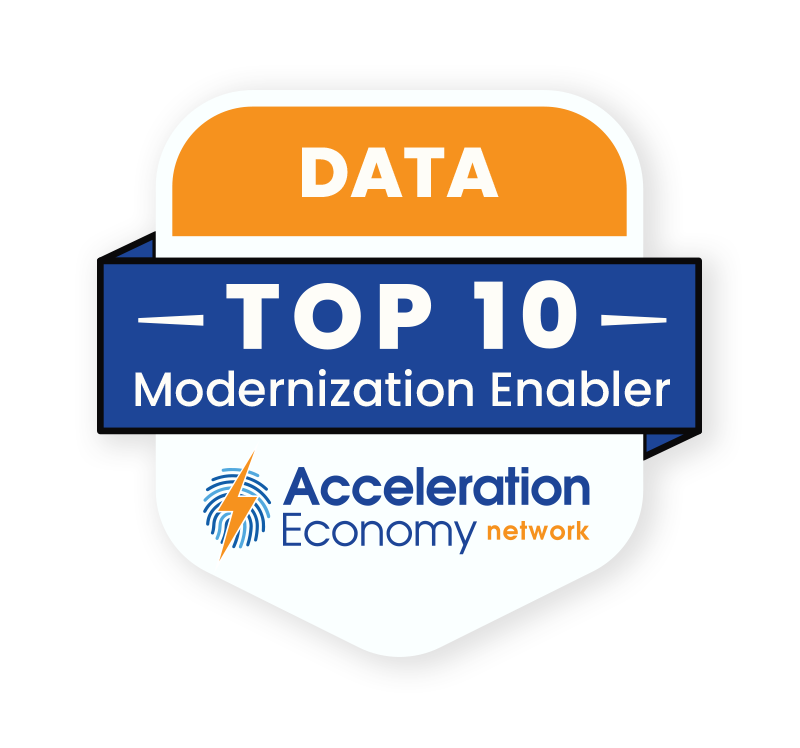
Which companies are the most important vendors in data? Check out the Acceleration Economy Data Modernization Top 10 Shortlist.
Defining Data Governance Policies
Data governance is essential for an ESG tracking platform: it ensures the accuracy, consistency, and reliability of ESG data, enabling informed decision-making and effective sustainability performance measurement. To ensure your data is accurate, consistent, and trustworthy, it’s important to define clear data governance policies. This includes setting standards for data quality, access control, and data classification. You should also have clear data management policies in place to ensure that data is regularly updated, cleaned, and validated.
Leveraging Analytics and Machine Learning
One key technology platform that can be used to support ESG data management is a data lake, which is not just a storage platform; a data lake can also be a powerful analytics tool. By leveraging advanced analytics and machine learning techniques, business leaders can gain insights into ESG data to help identify trends, patterns, and opportunities. For example, machine learning algorithms can help identify correlations between energy usage and waste generation or identify opportunities to reduce water usage.
Without proper organization, however, a data lake can quickly become overwhelming. To make it easier to find and use ESG data, tag and categorize it with metadata, which provides additional information, such as the source, the owner, and the quality of the data.
Opportunities for Technical Decision-Makers
C-suite executives in the healthcare industry have a unique opportunity to embrace ESG data and drive sustainability efforts, which can lead to long-term value creation. By integrating ESG factors into the organization’s strategic vision, executives can ensure that sustainability initiatives are aligned with overall business objectives. This helps foster a culture of long-term value creation for stakeholders and strengthens the organization’s ability to navigate the complex and evolving ESG landscape.
Consider medical device companies that embrace ESG data and sustainability efforts. By leveraging sustainability as a driver for innovation and differentiation, executives can encourage the adoption of sustainable technologies and practices throughout the company, leading to increased efficiency and reduced environmental impact. Moreover, this focus on sustainability can inspire the development of new medical devices that address emerging ESG trends and meet evolving consumer demands, ultimately setting your company apart from competitors.
Additional ESG Opportunities for the C-Suite
Financial performance and access to capital are critical opportunities for C-suite executives in health and life sciences research organizations that embrace ESG data and sustainability efforts. Reducing operational costs through resource efficiency and waste reduction helps the organization’s bottom line and aligns with sustainability objectives. Achieving long-term financial benefits from sustainable business practices can support the organization’s growth and development in a competitive research environment.
Organizations can secure the necessary resources to advance their research goals by attracting socially responsible investors and improving access to capital.
Moreover, collaboration and industry leadership provide additional opportunities for health and life sciences research organizations. C-suite executives who engage in partnerships and collaborations in the broader healthcare industry can drive industry-wide change and address pressing global challenges. Sharing best practices and peer learning can accelerate ESG progress, fostering a collaborative research environment. By positioning their organization as a thought leader and advocate for sustainability in health and life sciences research, C-suite executives can contribute to the broader goals of sustainability and create lasting value for stakeholders.
Register here for your on-demand pass to view all content from Partners Ecosystem Digital Summit. The digital event, which took place on April 20, focused on analyzing the business and IT imperatives around cloud, AI, automation, data modernization, and cybersecurity that define the future of partnerships.
Final Thoughts
It’s clear that the ESG revolution is here to stay, and with it comes an assortment of tools and services that promise to make the journey toward sustainability a little more manageable and, dare we say, enjoyable for healthcare organizations and the leaders who are driving them.
After all, who wouldn’t want to be part of a movement that not only benefits the planet but also adds a touch of fun and creativity to the world of data management? As we continue to explore and embrace ESG technology, we look forward to a future where sustainability becomes second nature, and our collective efforts create a greener, more socially responsible world. So, grab your (reusable) cup of coffee, and let’s continue to make a difference in global health, one ESG data point at a time!
Want more tech insights for the top execs? Visit the Leadership channel:



